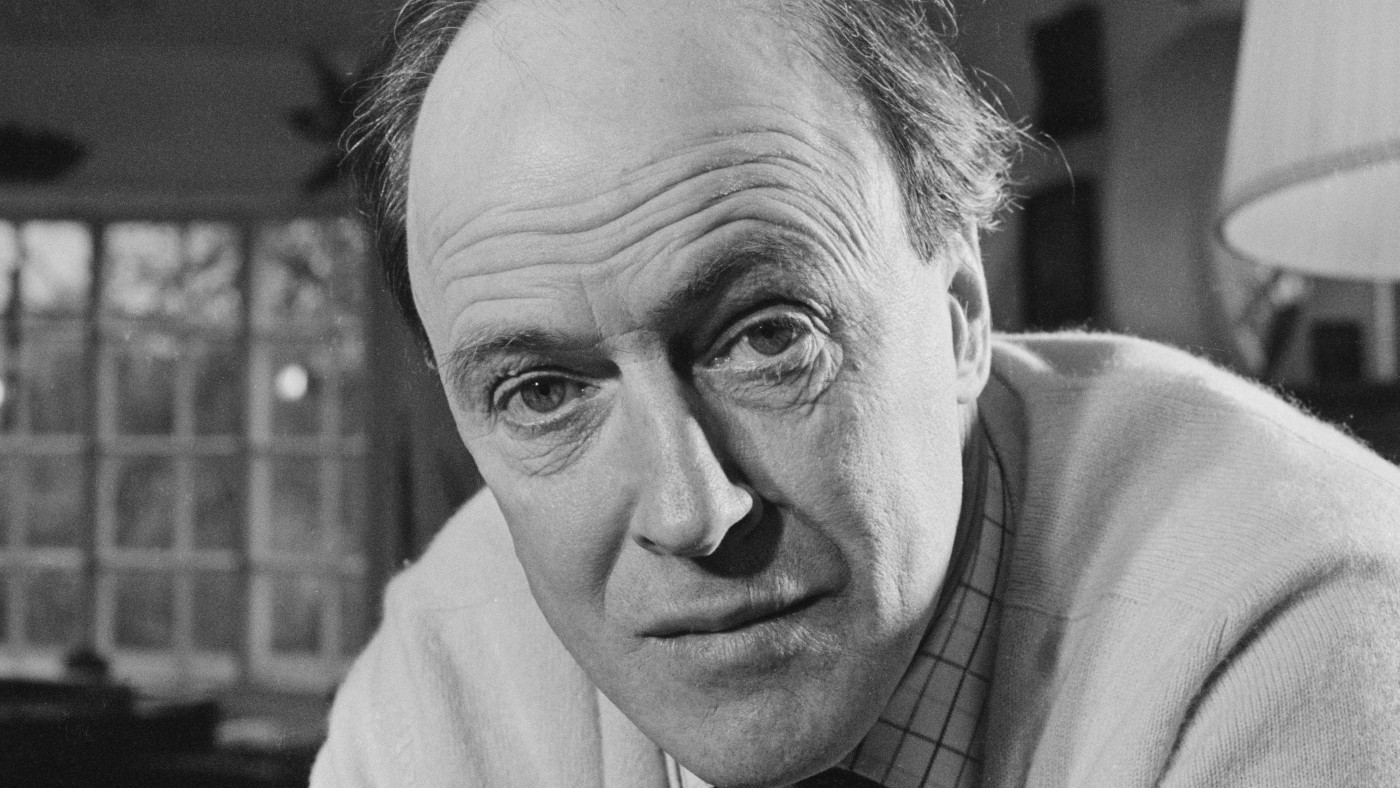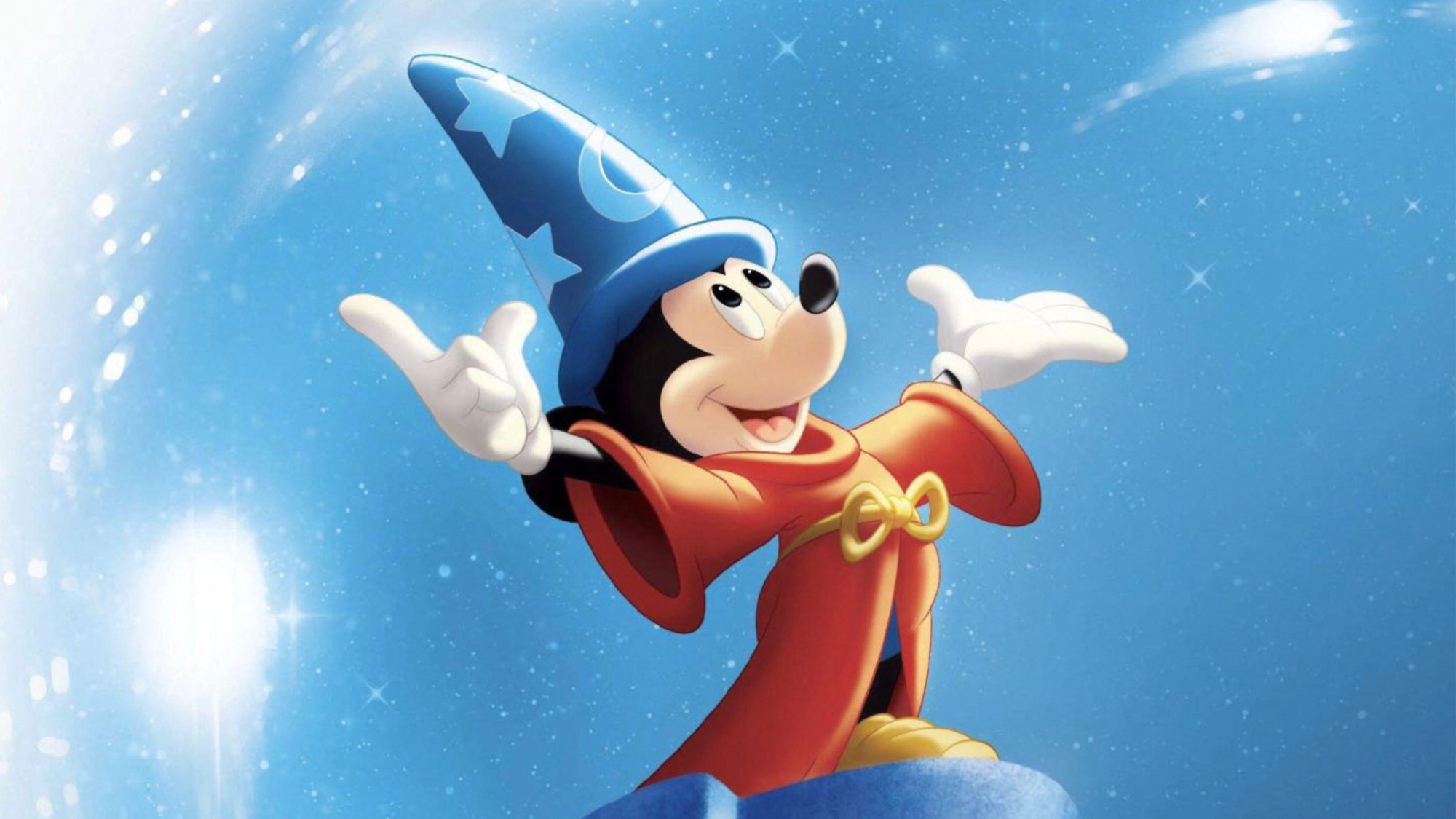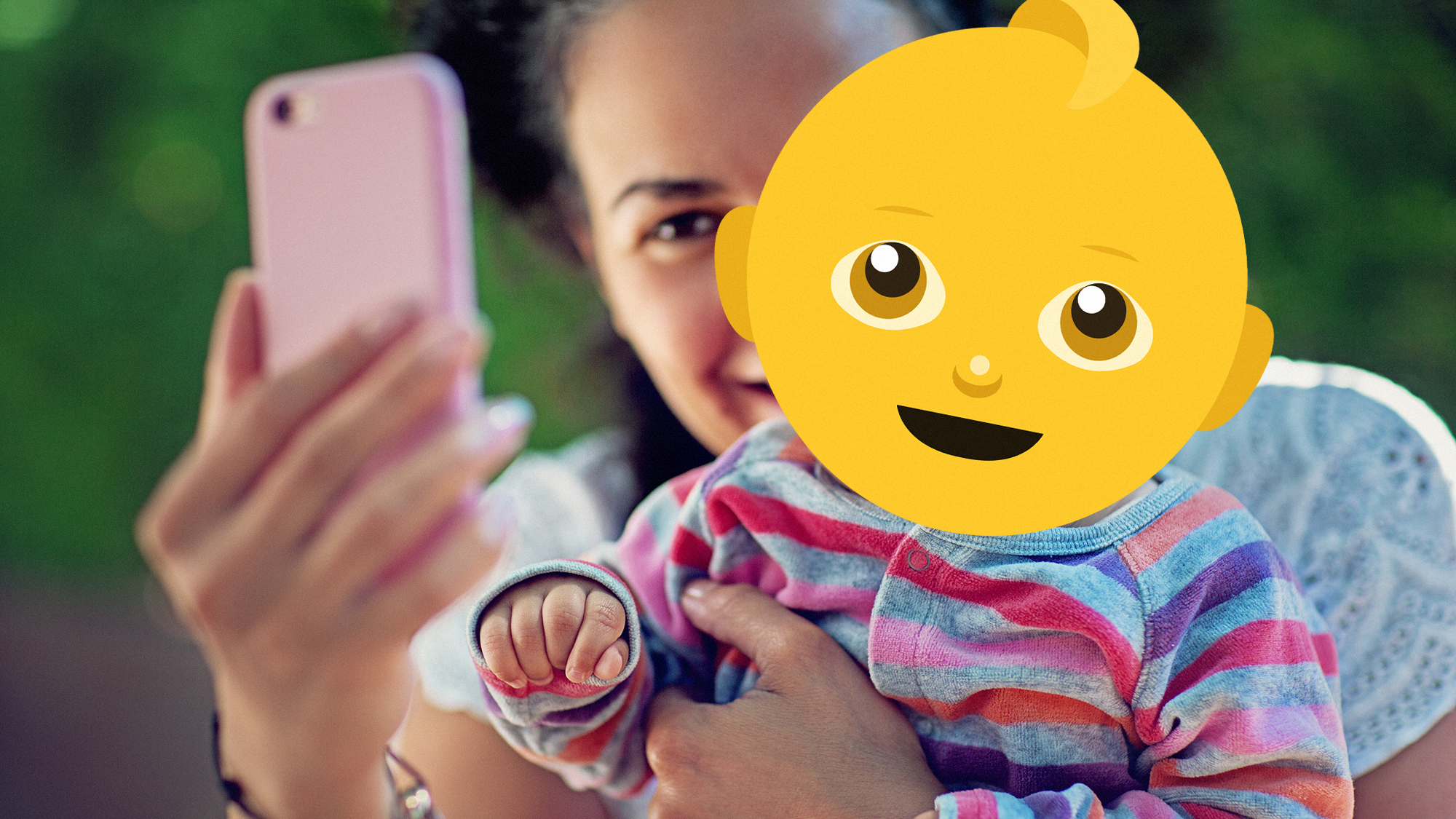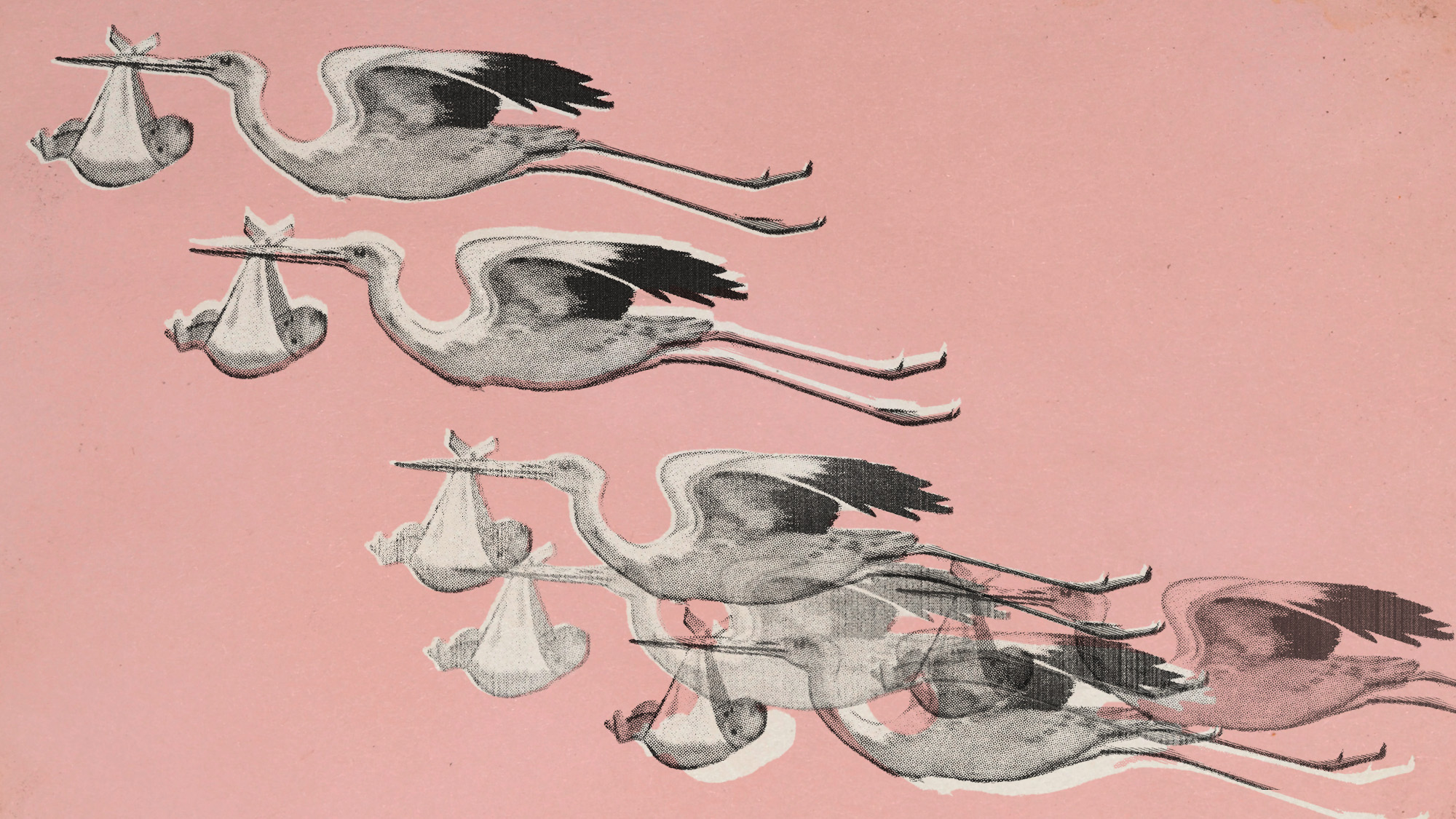Rewriting Roald Dahl: ‘absurd censorship’ or a sign of the times?
References to weight, mental health, gender and race have been changed having been deemed offensive to modern readers

A free daily email with the biggest news stories of the day – and the best features from TheWeek.com
You are now subscribed
Your newsletter sign-up was successful
A series of revisions to Roald Dahl’s books to make them more palatable for today’s readers has become the latest skirmish in the culture wars.
The alterations to the stories were made by the late author’s publisher Puffin and the Roald Dahl Story Company, now owned by Netflix, with sensitivity readers hired to scrutinise the text. Content deemed offensive, “such as references to weight, mental health, violence, gender and race were removed or rewritten”, said Sky News.
“Augustus Gloop is no longer fat, Mrs Twit is no longer fearfully ugly, and the Oompa-Loompas have gone gender-neutral,” said The Telegraph, who first broke news of the changes.
The Week
Escape your echo chamber. Get the facts behind the news, plus analysis from multiple perspectives.

Sign up for The Week's Free Newsletters
From our morning news briefing to a weekly Good News Newsletter, get the best of The Week delivered directly to your inbox.
From our morning news briefing to a weekly Good News Newsletter, get the best of The Week delivered directly to your inbox.
In an apparent reference to the author’s anti-Semitism, Salman Rushdie decried the revisions, saying on Twitter: “Roald Dahl was no angel but this is absurd censorship. Puffin Books and the Dahl estate should be ashamed.’’
‘Small and carefully considered’
The changes to Dahl’s books come as campaigners “seek to protect young people from cultural, ethnic and gender stereotypes in literature and other media”, said The Guardian.
The Roald Dahl Story Company, which controls the rights to the books, said it worked with Puffin to review the texts because it wanted to ensure that “Dahl’s wonderful stories and characters continue to be enjoyed by all children today”. The language was reviewed in partnership with Inclusive Minds, a “collective working to make children’s literature more inclusive and accessible”, said The Guardian. Any changes were “small and carefully considered”, the company said.
“When publishing new print runs of books written years ago, it’s not unusual to review the language used alongside updating other details, including a book’s cover and page layout,’’ the company said. “Our guiding principle throughout has been to maintain the storylines, characters, and the irreverence and sharp-edged spirit of the original text.”
A free daily email with the biggest news stories of the day – and the best features from TheWeek.com
‘Cultural purging’
“This is a cultural purging,” said Brendan O’Neill in The Spectator. “They can doll it up in the language of ‘sensitivity’ and ‘inclusion’ as much as they like, but to the rest of us it still smacks of a Stalinist correction of wrongspeak,” he added.
Suzanne Nossel, CEO of PEN America, a community of more than 7,000 writers advocating for freedom of expression, tweeted: “Those who might cheer specific edits to Dahl’s work should consider how the power to rewrite books might be used in the hands of those who do not share their values and sensibilities.”
Matthew Dennison, Dahl’s biographer, told The Telegraph that the author, who was born in 1916 and died in 1990 aged 74, chose his vocabulary with care. Dahl would have “recognised that alterations to his novels prompted by the political climate were driven by adults rather than children”, said Dennison.
In many ways Dahl’s stories “aren’t brilliant in spite of the darkness; they are brilliant because of it”, said The Times’s deputy literary editor Laura Hackett. It’s true that Dahl “was a very nasty man – a racist, misogynistic, anti-Semitic bully”, she adds, and that editors “rightly made him remove offensive content” at the time but “if we are to stop reading children’s books by authors who are nasty people… we’ll be left with very few books at all”.
Jamie Timson is the UK news editor, curating The Week UK's daily morning newsletter and setting the agenda for the day's news output. He was first a member of the team from 2015 to 2019, progressing from intern to senior staff writer, and then rejoined in September 2022. As a founding panellist on “The Week Unwrapped” podcast, he has discussed politics, foreign affairs and conspiracy theories, sometimes separately, sometimes all at once. In between working at The Week, Jamie was a senior press officer at the Department for Transport, with a penchant for crisis communications, working on Brexit, the response to Covid-19 and HS2, among others.
-
 Political cartoons for February 16
Political cartoons for February 16Cartoons Monday’s political cartoons include President's Day, a valentine from the Epstein files, and more
-
 Regent Hong Kong: a tranquil haven with a prime waterfront spot
Regent Hong Kong: a tranquil haven with a prime waterfront spotThe Week Recommends The trendy hotel recently underwent an extensive two-year revamp
-
 The problem with diagnosing profound autism
The problem with diagnosing profound autismThe Explainer Experts are reconsidering the idea of autism as a spectrum, which could impact diagnoses and policy making for the condition
-
 Child-free train carriages: has push for adults-only spaces gone too far?
Child-free train carriages: has push for adults-only spaces gone too far?Talking Point Under-12s ban on premium commuter train carriages in France sparks backlash across the political divide
-
 The 8 best animated family movies of all time
The 8 best animated family movies of all timethe week recomends The best kids’ movies can make anything from the apocalypse to alien invasions seem like good, wholesome fun
-
 Is a social media ban for teens the answer?
Is a social media ban for teens the answer?Talking Point Australia is leading the charge in banning social media for people under 16 — but there is lingering doubt as to the efficacy of such laws
-
 Disney bets big on AI, but not everyone sees a winner
Disney bets big on AI, but not everyone sees a winnerTalking Points The company will allow users to create their own AI content on Disney+
-
 Sharenting: does covering children's faces on social media protect them?
Sharenting: does covering children's faces on social media protect them?In The Spotlight Privacy trend has 'trickled down' from celebrity parents but it may not protect your kids
-
 Why Vietnam is dropping its two-child policy
Why Vietnam is dropping its two-child policyUnder The Radar Relaxation of family limit to boost birth rates – but 'baby boom' not certain
-
 Disney is still shielding Americans from an episode of 'Bluey'
Disney is still shielding Americans from an episode of 'Bluey'Talking Points The US culture war collides with a lucrative children's show
-
 'Making memories': the scourge of modern parenting?
'Making memories': the scourge of modern parenting?In The Spotlight Meghan Markle sends her children emails of each day's 'moments' but is constant 'memory-making' just another burden for parents to bear?